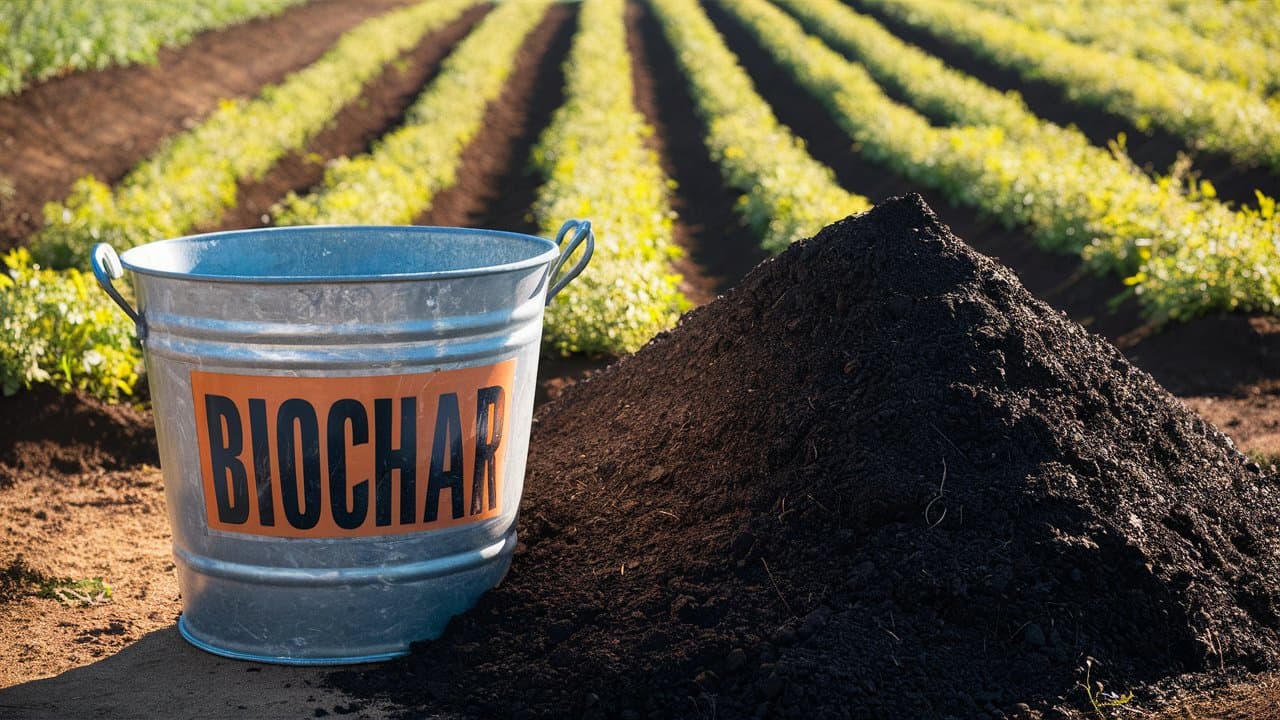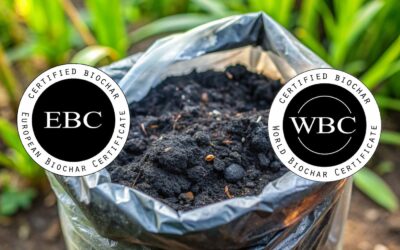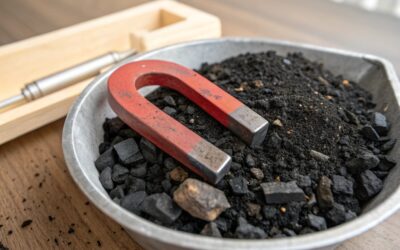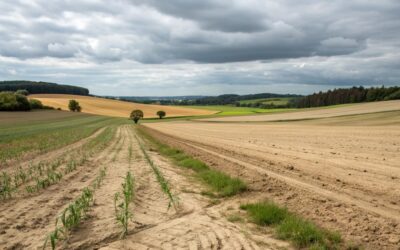Biochar is gaining increasing attention in the world of sustainable agriculture and ecological gardening.
This natural soil improver not only improves soil quality, but also helps reduce greenhouse gas emissions, promoting greener and more sustainable agriculture.
But what is biochar and what are its benefits? Let’s find out together.
What is Biochar?
Biochar is a carbonaceous material obtained from pyrolysis , a process of thermal decomposition of biomass in the absence or scarcity of oxygen.
The biomass used to produce biochar can consist of agricultural waste, wood, pruning residues, or even organic waste.
During the process, the carbon present in the biomass is stabilized, transforming into a porous solid with soil amendment properties.
The term “biochar” is a late 20th-century neologism combining the Greek word for life (“bios”) with “char,” referring to the charcoal produced by the carbonization of biomass.
It differs from regular charcoal in terms of stability and longevity, with biochar lasting hundreds to thousands of years compared to charcoal, which can be broken down by bacteria in just a few years.
How Does Biochar Work?
Once incorporated into the soil, biochar acts as a sort of natural “sponge”, it can absorb more than 300 m2 per gram
Biochar retains water and nutrients, dissolved up to five times its weight, making them available to plants in the long term.
This makes it especially useful in poor or sandy soils, which have a poor moisture-retaining capacity.
In addition to improving water retention, biochar also promotes microbial activity, creating an ideal environment for the proliferation of beneficial soil bacteria and fungi.
These microorganisms help break down organic matter, improving soil fertility and plant health.
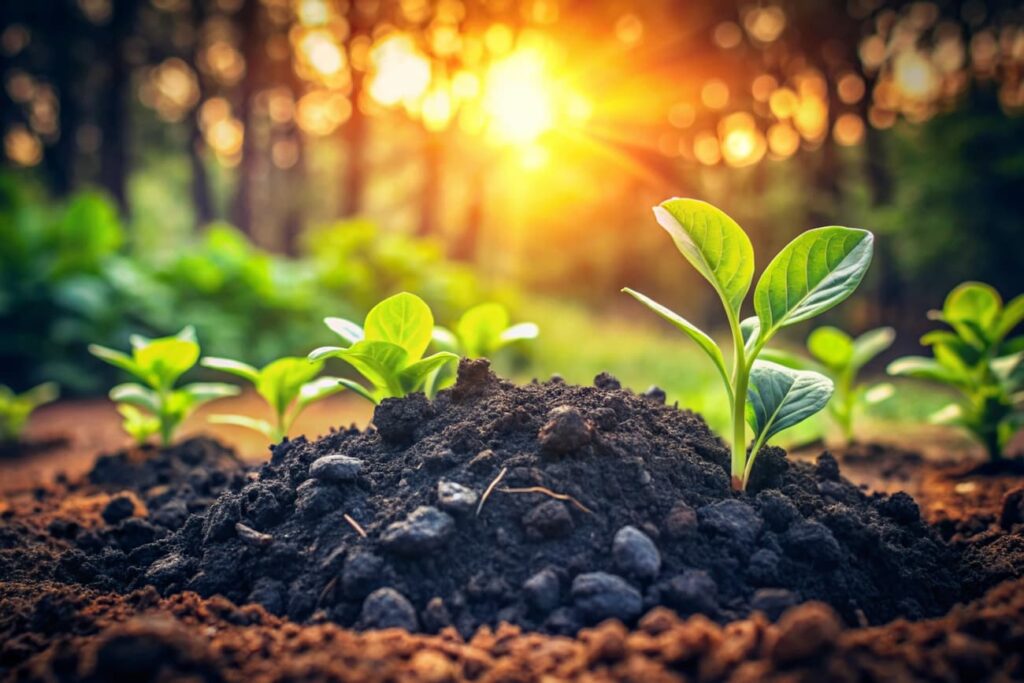
The Benefits of Biochar
1. Improving Soil Quality
Biochar improves soil structure, increasing its capacity to retain water and nutrients. This means plants can access more vital resources, reducing the need for chemical fertilizers.
2. Reduction of Greenhouse Gas Emissions
The biochar production process stabilizes the carbon present in biomass, preventing its conversion into carbon dioxide and methane, two potent greenhouse gases. When incorporated into the soil, biochar helps sequester carbon, thus reducing the environmental impact of agriculture.
3. Improvement of Soil Fertility
Thanks to its nutrient-retaining capacity, biochar reduces nitrogen, phosphorus, and potassium losses, making these elements more efficiently available to plants. This contributes to more vigorous and healthy crop growth.
4. Promotes Soil Biodiversity
Biochar creates an ideal habitat for a wide range of beneficial microorganisms. These microorganisms not only improve soil quality but also promote greater plant resistance to disease and pests.
5. Reducing Dependence on Chemical Fertilizers
Thanks to biochar’s ability to improve nutrient retention, it’s possible to reduce the amount of chemical fertilizers used. This translates into lower costs and a lower environmental impact, as chemical fertilizers are often responsible for polluting groundwater and waterways.
There are many other uses for biochar besides agriculture.
How to Use Biochar in Your Garden or Field
Biochar application is simple and can be done in various ways, depending on the needs of the soil and crops. Here are some suggestions:
- Direct Incorporation: Mix the biochar directly into the soil, distributing it evenly. Mixing it with compost or manure is recommended for best results.
- Combining with Compost: Biochar can be added to compost to speed up the decomposition process and improve the quality of the final compost.
- Mulching: Use biochar as a mulch around plants to improve water retention and protect soil from erosion.
Final Considerations
Biochar represents a sustainable and innovative solution to improve soil health, reduce the environmental impact of agriculture, and promote more efficient management of natural resources.
Thanks to its ability to retain water and nutrients, promote microbial activity, and sequester carbon, biochar is proving to be a powerful ally for sustainability-conscious farmers and gardeners.
If you’re looking for a way to improve the quality of your soil, reduce the use of chemical fertilizers, and help fight climate change, biochar might be the solution for you.
Quickly explore other related words in the Biochar Glossary

